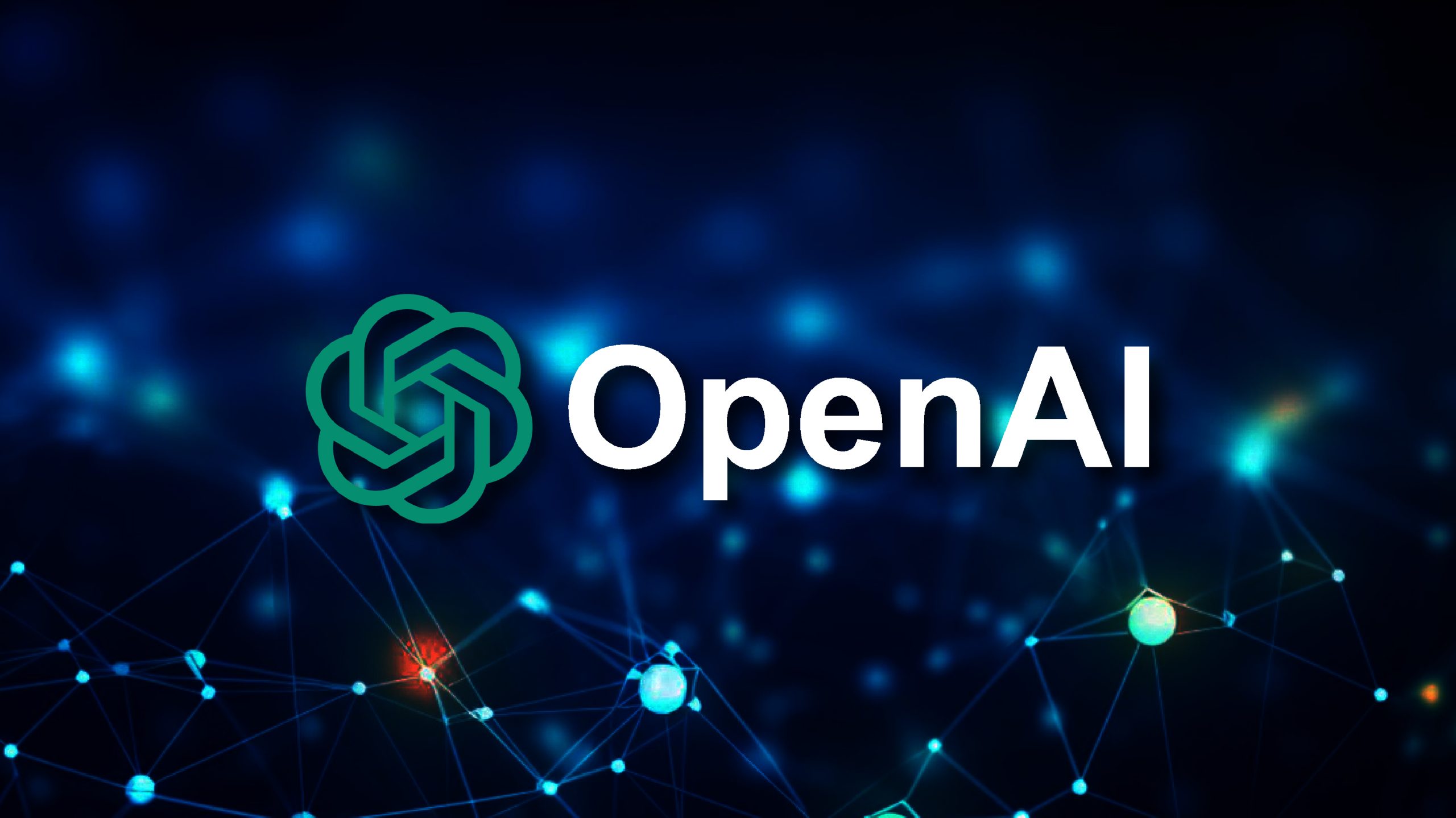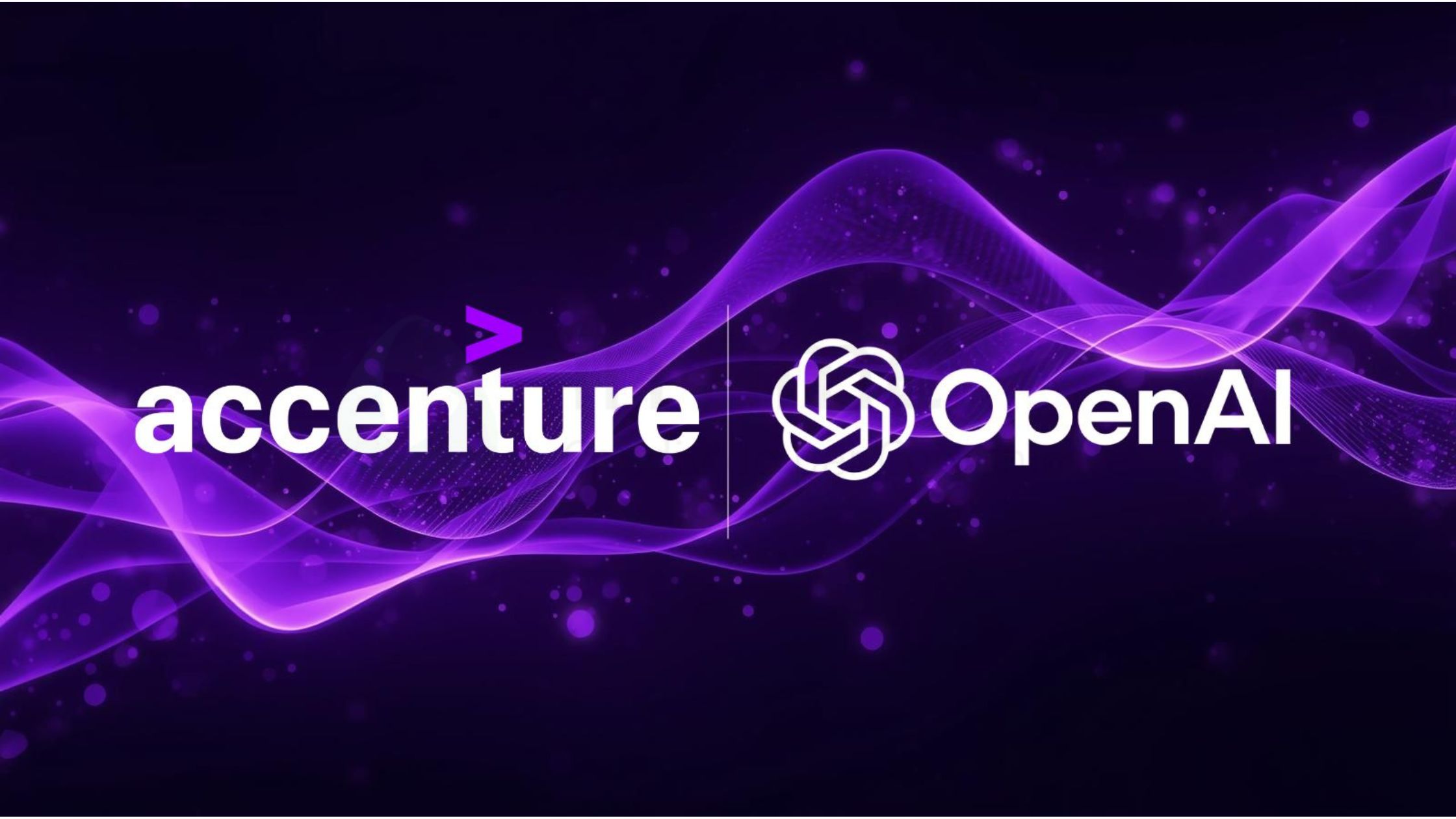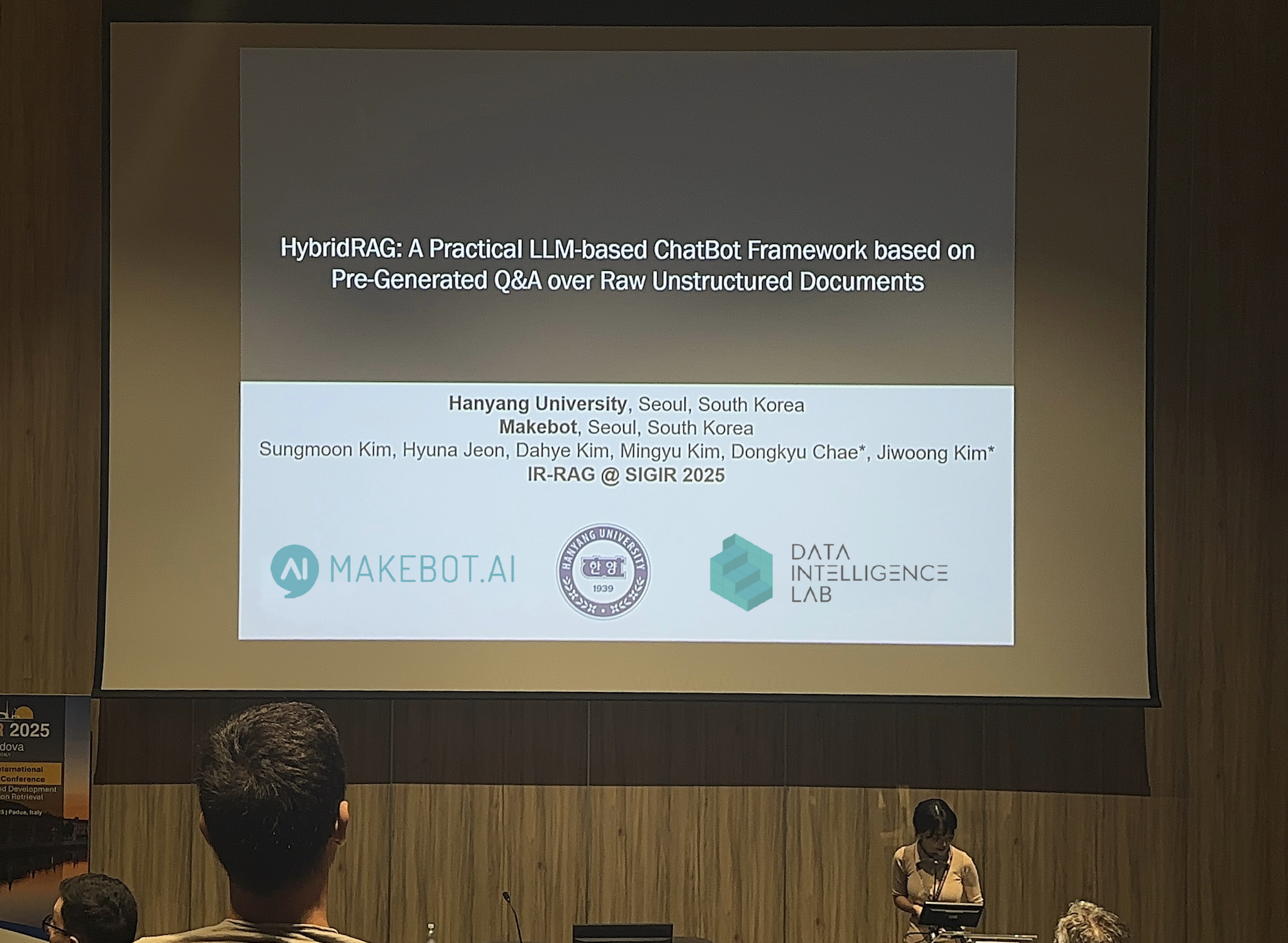AI Meets Healthcare: How Asia-Pacific is Pioneering the Next Era of Medtech Innovation
Asia-Pacific pioneers AI medtech innovation, transforming healthcare diagnostics, and R&D.


The Asia-Pacific or APAC region is poised to become a global leader in artificial intelligence (AI) integration within the medical technology (medtech) sector. As healthcare systems face rising patient demands, workforce shortages, and increasing costs, AI presents a powerful opportunity to revolutionize patient care, streamline processes, and improve diagnostics.
With Generative AI in Medtech gaining momentum, Asia-Pacific (APAC) is positioning itself as a global leader in AI-driven healthcare solutions and innovation.
The region's medtech market is expected to grow to $225 billion by 2030, driven by an aging population and increasing healthcare needs. To establish itself as a medtech AI capability hub, Asia-Pacific must leverage its strengths in Generative AI, talent development, and AI-powered research and development (R&D).
But what does it take to lead this transformation? Let’s dive into the key enablers shaping the future of AI in medtech across Asia-Pacific.
Read Also: How Retrieval-Augmented Generation (RAG) Supports Healthcare AI Initiatives

Why AI? The Competitive Edge in Medtech
AI has already transformed diagnostics, workflow automation, and personalized medicine, but the true breakthrough lies in Generative AI in Medtech.
Unlike traditional AI, Generative AI goes beyond automation—it creates entirely new solutions, from drug discovery to medical image enhancement and AI-assisted robotic surgeries (KPMG, 2024).
According to a joint report by APACMed, Bain & Company, and EDB, AI is expected to drive significant improvements across the medtech ecosystem by:
- Reducing time to market for new therapies by up to 50%
- Enhancing productivity by automating 70% of regulatory paperwork
- Cutting diagnostic errors by 42.5% in AI-assisted imaging analysis
With Generative AI, medtech companies can develop adaptive models that personalize patient treatments, generate synthetic medical data for research, and even predict disease progression with greater accuracy.
Read Also: Forrester Predicts AI Shifts for Asia-Pacific by 2025: A Transformative Year for AI Adoption
The Talent Challenge: Building a Medtech AI Workforce
One of the biggest obstacles to AI adoption in medtech is the shortage of professionals who understand both AI and healthcare. To fully leverage Generative AI in Medtech, the region needs “bilingual talent”—professionals who can bridge AI technology with medical expertise.
Currently, less than 10% of medtech professionals in APAC Region possess both AI and medical expertise, creating a significant bottleneck in AI-driven innovation.
To bridge this gap, countries like Singapore, South Korea, and Australia are investing in AI apprenticeship programs, specialized medtech AI training, and research collaborations with leading universities.
- Singapore’s AI Apprenticeship Programme is actively training professionals to integrate AI into healthcare.
- South Korea has allocated $585 million for domestic AI research in healthcare.
- Australia is investing $27 million to implement responsible AI frameworks in medical diagnostics.
These initiatives are critical for building an AI-ready medtech workforce that can sustain the region’s ambitions.
By focusing on Generative AI in Medtech, the industry can develop self-learning algorithms that adapt to patient data, improving diagnostic accuracy and treatment plans.
Read more about Generative AI here: Generative AI: Breakthroughs, Perspectives, and Future Trends for 2025

APAC's AI MedTech Revolution: A Regional Analysis of Innovation and Implementation
The Asia-Pacific region is witnessing a transformative shift in healthcare technology, with artificial intelligence (AI) emerging as a crucial driver of innovation in medical technology (MedTech). Each country in the region is charting its unique path while contributing to a broader ecosystem of healthcare advancement.
Singapore: Leading the AI Revolution
Singapore stands as the beacon of AI readiness in APAC, boasting an impressive readiness score of 81.97. The city-state's commitment to AI innovation is evidenced by its substantial investment of over US$741 million in AI development planned for the next five years.
The country has established several groundbreaking initiatives, including the HeathTech Consortium (backed by US$1.1 million in funding) and the Healthcare Translation Partnership (US$5.9 million).
Singapore's collaboration with Google Cloud on the GenAI Sandbox exemplifies its innovative approach to AI development. The nation's robust cybersecurity framework and data protection initiatives, such as the PET Sandbox, demonstrate its commitment to secure AI implementation in healthcare.
South Korea: Pioneering Healthcare Innovation
As the second-ranked nation in AI readiness (75.65), South Korea has made remarkable strides in healthcare AI implementation.
The country has become the first globally to integrate AI-based imaging technology into its national health insurance system, marking a significant milestone in AI healthcare accessibility.
With an investment of US$585 million in domestic AI research, South Korea is pushing the boundaries of digital hospital transformation. The Samsung Medical Center's achievement of the highest HIMSS certification underscores the nation's leadership in digital healthcare implementation.
Japan: Embracing Society 5.0
Japan's approach to AI in healthcare is characterized by its ambitious "Society 5.0" initiative. Ranking third in AI readiness (75.08), the country has increased its annual science and technology budget to US$26.1 billion.
Japan's strength lies in its comprehensive regulatory framework, including the Basic Act on Cybersecurity, and its international collaborations, particularly the EU-Japan Economic Partnership Agreement.
Australia: Setting Standards in Ethics and Regulation
Australia's approach to AI in healthcare emphasizes ethical implementation and robust regulation. Ranked fourth in AI readiness (73.89), the country has allocated approximately US$20 million in government grants for healthcare AI development.
The nation's Therapeutic Goods Administration (TGA) has established comprehensive guidelines for AI in healthcare, while the National Healthcare Data Interoperability Plan demonstrates its commitment to seamless healthcare data integration.
China: Scaling AI Innovation
China's approach to AI in MedTech is characterized by massive scale and ambitious investments. Ranked fifth in AI readiness (70.94), major Chinese cities are each investing approximately US$1.4 billion in medical AI R&D.
The country's "China Standards 2035" initiative aims to shape the future of AI technology standards, while the National Medical Products Administration provides robust regulatory oversight.
India: Democratizing AI Healthcare
India's journey in AI MedTech focuses on accessibility and comprehensive digital transformation. Despite ranking sixth in AI readiness (62.58), the country has launched several significant initiatives, including the Ayushman Bharat Digital Mission and the National Strategy for AI.
India's strength lies in its international collaborations, including the US-India AI Initiative and partnerships with Germany through the Indo-German Science and Technology Centre.
The APAC region's diverse approaches to AI in MedTech reflect both the challenges and opportunities in healthcare innovation. As these nations continue to develop their capabilities and collaborate, the region is poised to become a global leader in AI-enabled healthcare solutions, potentially transforming the future of medical care delivery worldwide.
You might want to read this one: Singapore to Develop Southeast Asia’s First Large Language Model Ecosystem

AI Transforming the Medtech Value Chain
AI is revolutionizing the entire medtech value chain, from R&D to regulatory approval, manufacturing, and post-market services. Here’s how AI is making an impact:
AI-Driven Research & Development
- Generative AI accelerates drug discovery by generating new molecular structures, reducing development timelines by 25-50%.
- Generative AI enhances clinical trial efficiency, reducing costs by 25%.
- AI-based risk prediction models improve treatment outcomes in chronic disease management.
AI in Manufacturing & Supply Chain
- AI-enabled predictive maintenance prevents equipment failures, reducing downtime by 30%.
- Automated AI inspection improves quality control accuracy by 95% in medical device production.
- Smart supply chain optimization ensures medical products reach patients faster and more cost-effectively.
AI in Diagnosis & Treatment
- Generative AI in Medtech is enhancing medical imaging, reducing misdiagnosis rates.
- AI-driven robotic-assisted surgeries improve precision by 20%, reducing recovery time.
- Personalized AI treatment recommendations optimize medication plans, improving patient adherence.
Key Enablers for AI Growth in Asia-Pacific
To establish itself as a global medtech AI hub, Asia-Pacific must focus on three key areas:
Expanding AI Talent Development
- Establish medtech AI apprenticeship programs in universities and hospitals.
- Strengthen industry-academic partnerships for AI research and commercialization.
- Provide incentives for professionals to upskill in AI-driven healthcare solutions.
Strengthening Data Accessibility & Infrastructure
- Improve healthcare data-sharing policies across borders.
- Invest in high-performance computing and cloud-based AI platforms.
- Support data standardization initiatives to ensure AI models are trained on diverse, high-quality datasets.
Encouraging Cross-Border Collaboration
- Facilitate international AI partnerships between medtech firms, regulatory agencies, and research institutions.
- Promote harmonized regulatory frameworks to accelerate AI adoption.
- Support open innovation models where startups and established companies collaborate on AI-driven solutions.
The Future of Medtech AI in Asia-Pacific
With Generative AI in Medtech leading the next wave of innovation, Asia-Pacific is well-positioned to become a global medtech AI hub for further advancements.
By investing in AI-driven R&D, workforce training, and infrastructure, the region can pioneer smarter, more efficient, and highly personalized healthcare solutions.
With Singapore emerging as a key AI hub, backed by China, India, Japan, South Korea, and Australia’s complementary strengths, the APAC region is well on its way to becoming a world leader in AI-powered research and medtech solutions.
As medtech firms and governments double down on AI investments, the future of healthcare in Asia-Pacific looks smarter, more efficient, and deeply personalized—driven by the power of AI.
Empowering AI in APAC Region with Makebot’s Cutting-Edge LLM Solutions
The APAC region is transforming healthcare with Generative AI in Medtech, driving breakthroughs in AI-powered research, diagnostics, and automation.
As Asia-Pacific cements its position as a global medtech AI hub, the demand for intelligent chatbot solutions and AI-driven medical innovations is soaring.
Makebot is your partner in this AI transformation!
With LLM-powered chatbots, fine-tuned AI models, and hybrid RAG technology, Makebot delivers customized AI solutions tailored to the medtech industry's evolving needs.
📩 Join the future of medtech AI with Makebot! Contact us now at b2b@makebot.ai.

Studies Reveal Generative AI Enhances Physician-Patient Communication






















































_2.png)


















.jpg)
























